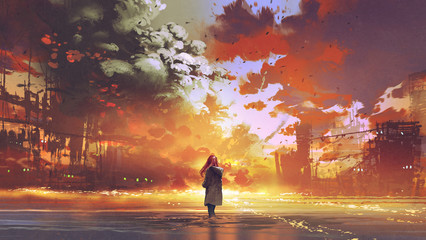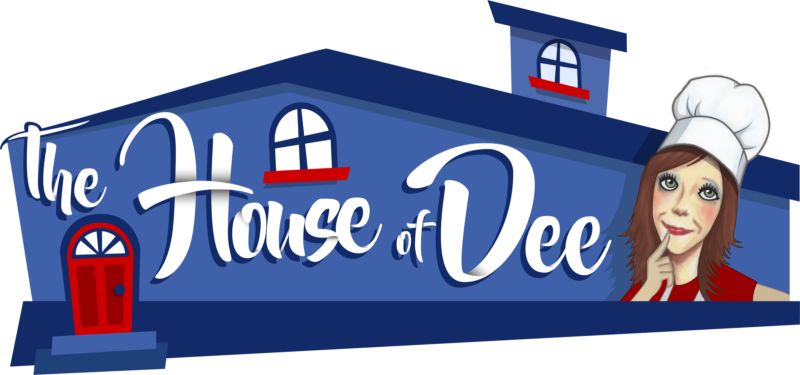Literary Sunday – When We Were Young
With my son just turning 22, I’ve been thinking a lot about my own younger years and how different his life is from what mine was at this age, and how the whole world was different, for better or worse, from what it is now, what we’re shaping it to be for our children, and what they’ll make it once they’re our age.
This is a short piece I did for one of my memoir writing classes last year. And, what else but a never ending memoir writing exercise this entire blog is?! One day when I’m gone, these pages will hold all my memories and heart desires, and my soul energy will continue to exist through my recipes and life stories.
That Summer of 1991

The first thing that I notice once outside the gate of the American embassy in Moscow is an overwhelming smell of burning paper, and heat: swelter, radiating from the scolding summer concrete, and incalescence, emanating from hundreds of human bodies, crowding around the Embassy block. It’s the summer of 1991, the beginning of the end of what was known as the Soviet Union (the greatest country in the world, as we were all
taught since we were born).
I’m 22 years-old, the same age my son is right now, and my parents are younger than I’m today. The country is in a total upheaval, and nothing makes sense anymore. Money is devalued, and you need to bring stacks of it just to buy bare necessities from the store shelves that were never full of goods to begin with. The streets are turned into one giant market where people are selling everything they’ve ever owned so they can at least assure a nightly meal for their families. A college professor is right next to a street drunk – all fighting for passersby’s attention, hollering and chanting in trying to sell their souls as well. On the way to the embassy, we saw a tank roaming through the streets of Moscow. This is not a rehearsal for one of the military exercises that the country is famous for. It’s a new normal that’s hard to get used to. Words “perestroika” and “glasnost” are everywhere, but nobody knows what they really mean to an ordinary citizen.
I’m 22 but feel much older. I’m the reason my family is here now, outside the American embassy, holding the papers allowing us to enter the country as political refugees. I was the one who told my family, “We need to get out. I see no future for us in this country”. I was the one who pushed and pleaded with my parents to apply for American visas. And I was the one to sit down and tell our family story on paper that was sent along with the
applications. I feel grown up as I’m the only one in the family who’s working right now. My mother was fired from her job soon after it became known that we applied for American visas, and my dad’s factory hasn’t paid their workers in months. I’m very thin and have dark circles around my eyes from working 12-14 hour days with few days off in between. I’m tired and scared, but mostly, I’m elated that after months and months of
waiting, we finally have our “golden tickets” in hands.
The embassy block is full of people. Some are crying and complain loudly to the guards that they were denied their visas in error, and a few lucky ones, like us, holding their papers tightly, are trying to squeeze through the crowds to get out of this never-ending sea of people. I’m 22 and feel so mature, but I look like I’m no more than 17 in my short sundress baring the legs with multiple scars from the years of daily beatings by my
childhood classmates, the same scars that my mother so vehemently fought against when she was little, because we both have Jewish blood in us. I’m only 25 percent Jewish. I have my father’s Slavic last name and a hidden cross stitched inside the dress. In a desperate attempt to protect her child, my mother had me baptized as a baby in our local Goldberg Church, an oxymoron of a name in itself, but a reprieve for many Jewish families, trying to hide their ethnic roots the only way they knew how. But, neither God, nor mercy of people could protect you from the government of a country where a whole ethnic group was considered as outlaws and often treated as such.
Some young guys are burning books and tree leaves on a sidewalk where we stop to catch a breath after escaping the embassy crowds. “Dirty Jews,” one of them yells at us, and my Slavic dad yanks my arm leading us away to a safe spot. The air is saturated with burning ashes, and the streets do not feel like home anymore, but somewhere up ahead, I can taste a fresh gulp of promised freedom, and I smile at a new life that awaits me.
I’ll need that hope to sustain me through an incessant stream of bureaucracy we will have to endure to be allowed to leave the country at last, through hours-long queues in empty stores just to buy bread and eggs to have a final meal with our extended family and friends, and through a breathless moment and my suddenly numb hands, holding on to my dog that I refused to leave behind and desperately clutching to my mom, as only a child would in a swift rising of fear and with no regard to your age, when the armed guards we hired to help us safely get on the flight out of Moscow faced off with a mafia gang that the streets were full of as the country was beseiged by real outlaws.
In that summer of 1991, I have hope, my family beside me and an insatiable desire to start anew – and that is all you need sometimes to survive.
